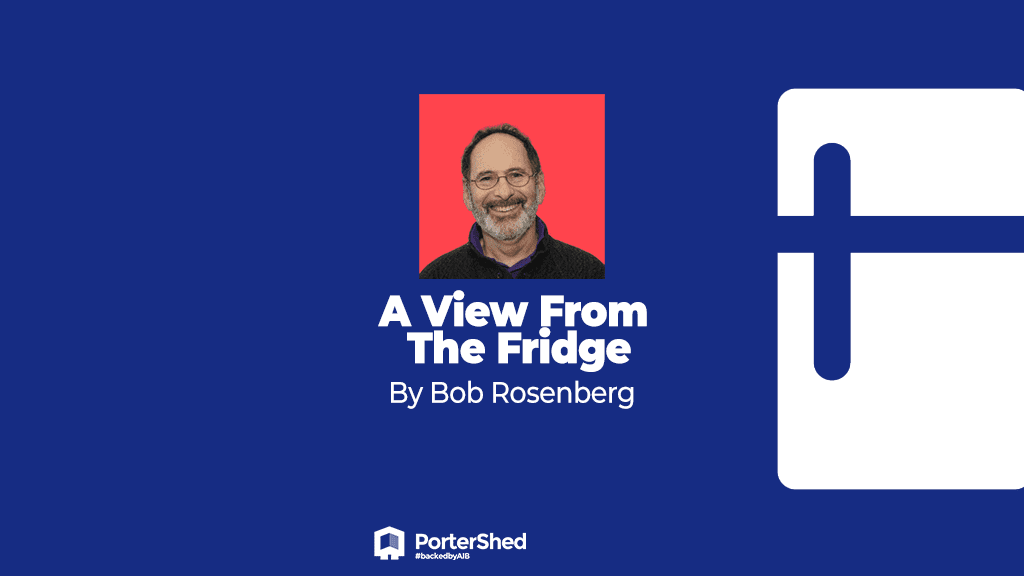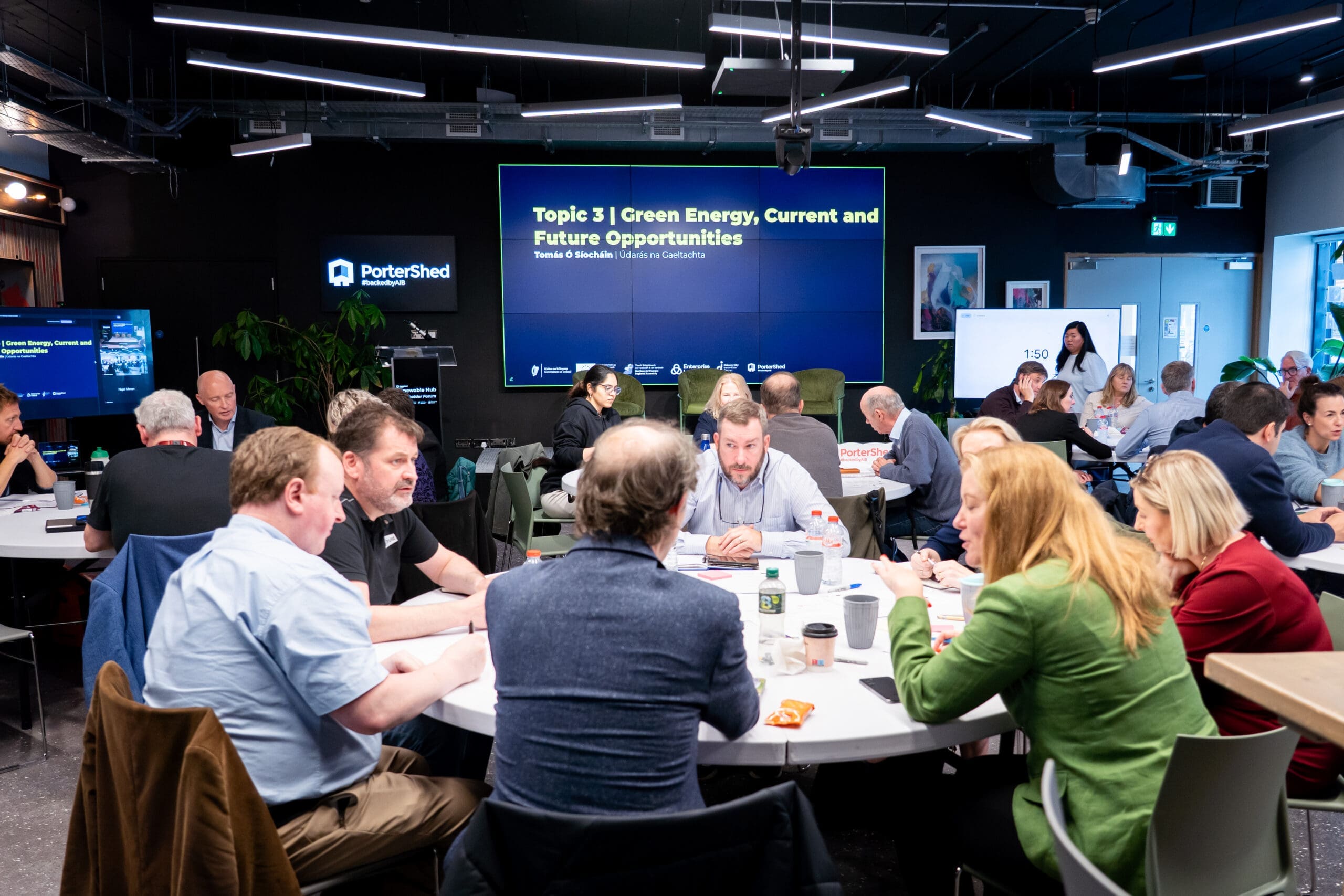AI and Us
Recommendation: invest an hour in an interesting – and challenging – podcast episode.
Let me explain why.
The podcast is called Complexity. It’s a product of the Santa Fe Institute, which was founded in 1984 to study the then-nascent topic of complex systems – from environment to economics, from biology to art history. The Complexity podcast is a terrific way to dip into a subject that has growing implication for how we understand and manage reality.
The episode in question is #55 from March 21, 2021, so it’s fresh stuff. Podcast host Michael Garfield interviews James Evans, the director of the Knowledge Lab at the University of Chicago and an external professor at SFI. Right up front I’ll admit that James is a good friend whose work has interested me since his days at Berkeley when he was analyzing the role of corporations, government, and universities in discovery, technology transfer, and entrepreneurship.
We’ve grown used to a lot of talk about AI and the changes it will engender. Yet there is little understanding of what AI is, how it will be used, and what are the social and cultural implication accompany it arrival. James, a social scientist by training, delivers a lot of insight in a small space, including:
- A rich definition of AI that goes beyond the usual buzzwords and dubious promises;
- An explanation of why asking AI to ‘act human’ makes no sense;
- The role of AI as a valuable ‘other’ perspective, its potential role in partnership with (as opposed to replacing) human intelligence; and
- What it means for humans to cede the role of apex predator on this planet.
James surveys the evolving approaches to AI and proposes the technological implications for discovery, for the creation of new wisdom (not only knowledge), for diversity and for the entrepreneurial spirit. I’ve listened twice now and I’m looking forward to a third go-round (and, hopefully, a talk with James over drinks the next time I’m in Chicago).
One last point: universities (and places like the SFI) are the only entities organized to foster this type of broad, multidisciplinary thinking – and to support brilliant thinkers like James Evans. The only places that bring together (on common ground) the hard and soft sciences and the humanities. The only places that look at problems from new and often contradictory perspectives, where disagreement and dialogue are grounded in data, not dyspepsia. Where consensus can be reached that benefits all of us. And for that they are, whatever Peter Thiel may think, indispensable.
Talk to you next week. Be well.

Bob Rosenberg
Educator (Associate Professor) / Entrepreneur / Leader of angel
communities /Entrepreneur in residence at PorterShed
and BioExcel / Rarosenberg@gmail.com


